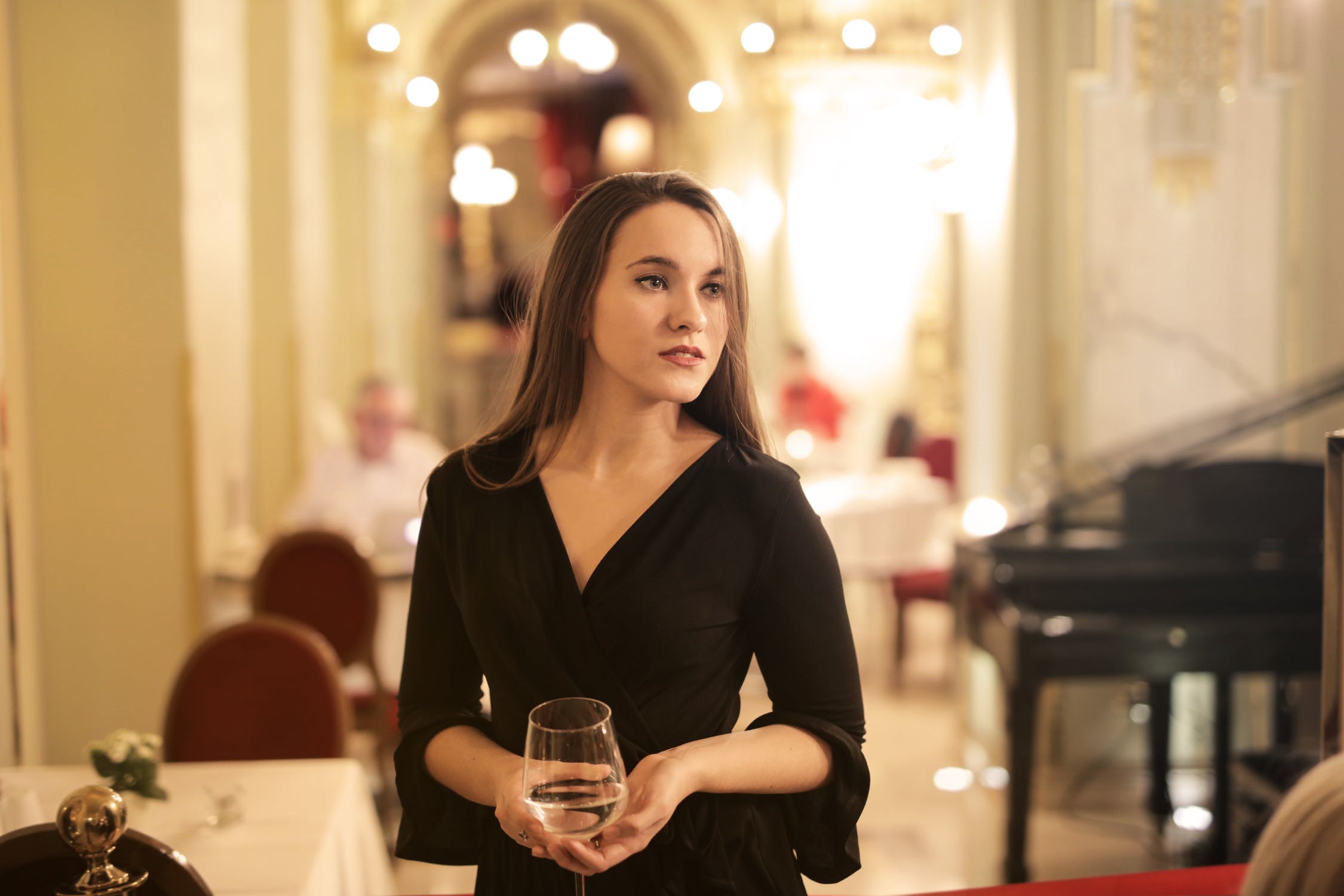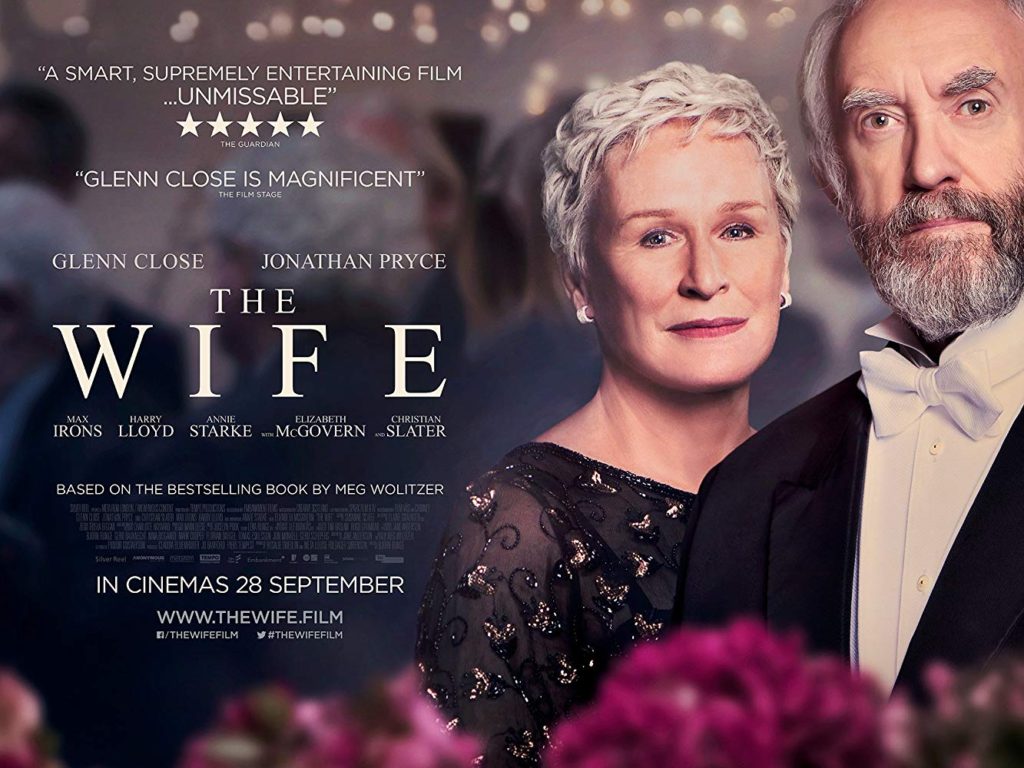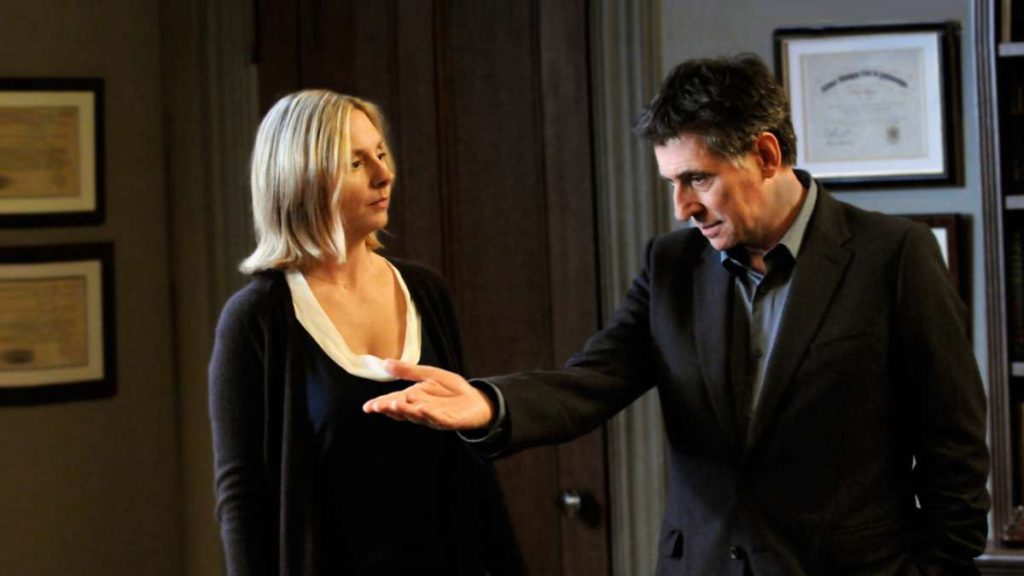
grapplingstars.com, femcompetitor.com, fciwomenswrestling.com, fcielitecompetitor.com fciwomenswrestling2.com articles, pexels.com-photo Andrea-Piacquadio
August 5, 2019,
How do you justify that you allowed this to happen? Not to us.
To yourself.
This was not supposed to be your life and you know it. The good news is that you no longer make a pretense that it is. That things were supposed to work out this way when you know full well that it wasn’t supposed to.
This whole life happens for a reason philosophy is a load of crap. Life is kind to some of us and a scaffold from a 40 floor skyscraper falls on the heads of others.
For no reason.
Life happens for a reason must have first been coined by someone who overall got what they wanted out of life.
For those of us who didn’t, who suffered severe losses or made bad decisions with catastrophic results, we hope that wasn’t supposed to happen to us for a reason.
But here we are. Maybe here you are.
The question becomes, what in the world can you do about it now?
Not much, especially if you look back at the past. You can’t change it. No one can.
If you take steps for your new life and keep looking forward, now maybe you have something.
Anette knows that all too well.
She previously lived a life not looking forward to tomorrow.
She worked at a job for decades that she didn’t like to help support her family, was faithful to her husband and propelled her children to a great academic life.
Then one day she was middle aged and they were all gone.
Her husband left her and her children became busy in more elite circles.
She once had a chance to have a career and life of her own when she was young, instead chose to follow her husband’s wishes and indirectly her family’s too and now here she is.
This is the problem with not choosing your life when you are young. If it doesn’t work out, in some ways it is as though you have nothing.
In film this dispirited life is on display in the exceptional movie simply titled, The Wife.
The Wife is a 2017 drama film directed by Bjõrn L. Runge and written by Jane Anderson, based on the novel of the same name by Meg Wolitzer.

It stars Glenn Close, Jonathan Pryce, and Christian Slater, and follows a woman who questions her life choices as she travels to Stockholm with her narcissistic and egotistical husband, who is set to receive the Nobel Prize in Literature.
It received generally positive reviews from critics, with Close’s performance garnering high praise; she won the Golden Globe Award, Screen Actors Guild Award and Critics’ Choice Movie Award for Best Actress for her performance, and was nominated for the Academy Award for Best Actress and the BAFTA Award for Best Actress.
Take that you over bearing husband.
Our favorite reviewers at rogerebert.com had their take on it as well, “She thinks of everything: where his glasses are, when it’s time to take his pills, what he should eat for lunch. After three-plus decades together, the wife anticipates the husband’s needs and meets them before he even realizes he has them—and certainly long before she’d ever consider tending to any needs of her own.”
As a woman, is that a life you would want?
If you allowed those patterns of behavior to evolve and you’ve come to the realization that this is not the life that you wanted, what are you going to do about?
In the film, after it is revealed how much more the wife had done to prop up her husband’s writing career than his adoring public knows, she is forced to make a decision because what she has been holding inside for so long, will no longer remain there.
Not her choice. It once was, but not anymore.
This was not supposed to be her life.
She knows it and so do we.
In the next evaluation we go into therapy.
Someone else’s therapy.
Brought on by a decision that she made when she was very young that continues to haunt her near the end of her child bearing years.
We meet Mia through the therapist we’ve come to know, love and watch over and over in Paul.
In Treatment is an American HBO drama, produced and developed by Rodrigo Garcia, about a psychologist, 50-something Dr. Paul Weston, and his weekly sessions with patients, as well as those with his own therapist at the end of the week.
The program, which stars Gabriel Byrne as Paul, debuted on January 28, 2008, as a five-night-a-week series.
We next see Paul as he comes to consult with an attorney for a potential malpractice case against him.
Paul is surprised to see Mia, who was his patient some years ago.
In the beginning she is very professional and nice but we sense some rough edges and history.
Paul is apprehensive about consulting her due to their previous history but Mia urges him to move forward because they have little time until the hearing so he agrees.
As we soon see snippets of old issues re-surfacing for Mia rapid fire, she appears to be relating to and focusing on Paul more as her therapist than as a client, it becomes clear that Paul is in for a rough ride.

It was intriguing to watch it unfold.
Then when she tells Paul that he owes her a child, we knew things were going to get heavy.
Very heavy.
Yes she is a professional but at 43 she is also a woman approaching middle age who is childless and now regrets the abortion she had when she was young, due in part to Paul’s counsel, as she interpreted it.
It’s truly painful to watch Mia descend into desperation, engaging in sexually risky behavior with strange men that she typically would not have before but time is running out.
We have the overwhelming feeling for Mia that it is already too late.
She will not have a child.
That window has closed. That life is gone. That is the life that she wants now but in all fairness it wasn’t the one she was passionate about when she was young.
Did all of that happen for a reason? If so, what would that reason be? To teach career women that they have to make hard choices when they are young? Choices that have expiration dates?
You can get anything that you want in life. Anything.
But you can’t have everything.
So, this is Mia’s life now and in terms of one being void of children, nothing is going to change that so where does she go from there?
If you are not living the life that you want, where do you go from here?
It is a question that many of us ask. What was so poignant about Paul’s couch is that virtually everyone who walked into his office and sat across from him were not happy with the life that they had, otherwise they wouldn’t be there.
Eventually we would see that Paul had his own tough choices to make.
While he was once very satisfied with his life, after his divorce and family break up and the weariness of the grind that comes from listening to one person after another painfully expressing their problems, in the present, this was no longer the life that Paul wanted.
Part of the challenge of moving on to your new life is to accept that it may not be stocked in all categories.
You are older now and life tends to construct loss and limitations on us as we age.
What is the new life that you desire, perhaps with limitations? What is still available that may provide you with the strongest measure of happiness?
Keep looking within. The answer is always there.
For certain, the answers are in the future. Even with it’s limitations that defy unrealistic dreams.
Not the past.

~ ~ ~
Opening photo HBO photo credit
https://en.wikipedia.org/wiki/The_Wife_(2017_film)
https://en.wikipedia.org/wiki/In_Treatment_(American_TV_series)



